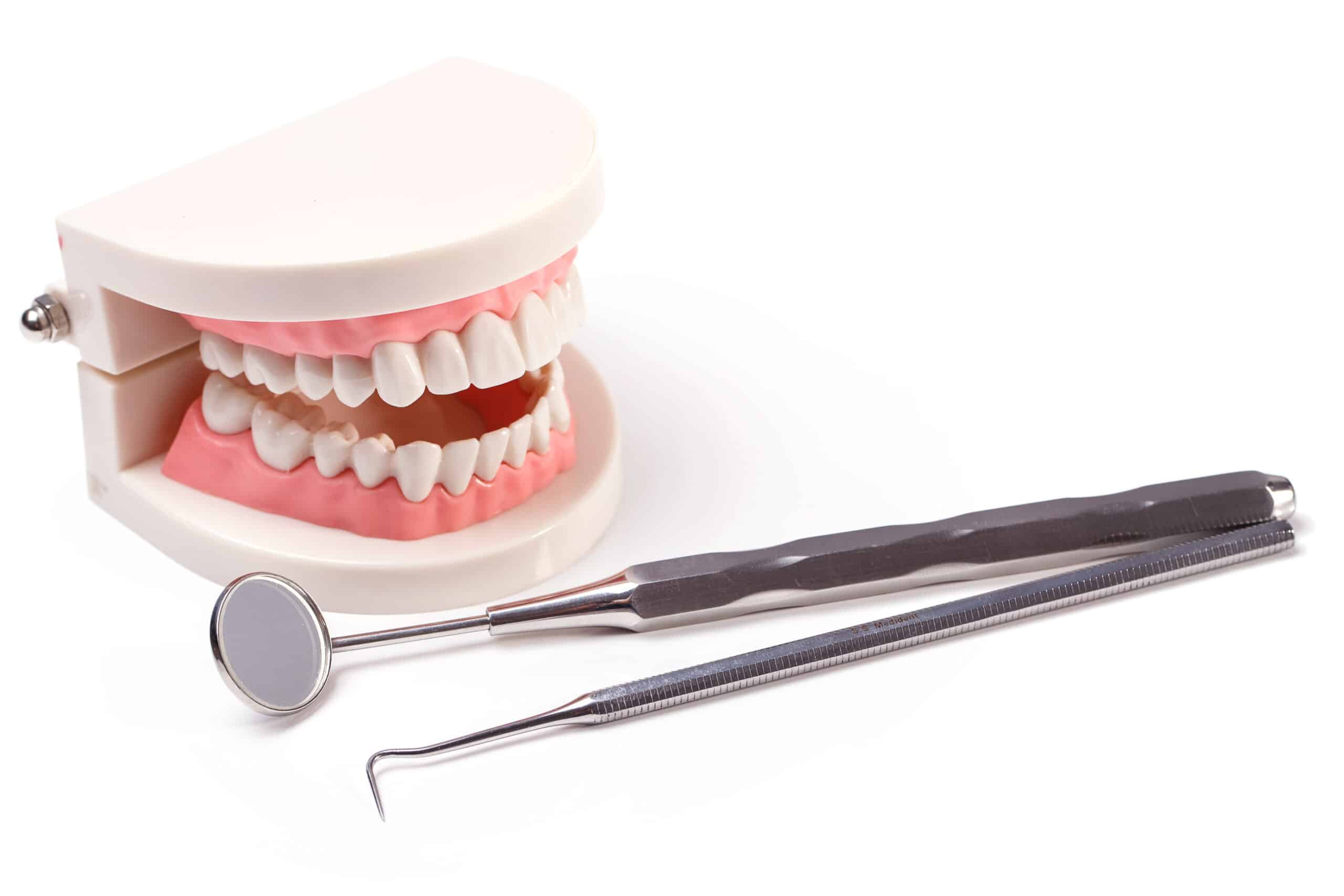When Do You Need A Dental Crown? Common Indications And Treatment
By :
Affordable Dentist | September 20, 2023
A healthy smile is a source of confidence and well-being. However, various factors can lead to tooth damage or decay, requiring dental intervention to restore oral health and appearance. Dental crowns are a versatile and effective solution for addressing many dental issues. This comprehensive guide will explore the common indications for dental crowns, the treatment process, and what you can expect during and after the procedure. Whether you're dealing with a damaged tooth or simply curious about dental crown procedures, this article will provide valuable insights to help you make informed decisions about your oral health.
Understanding Dental Crowns
Dental crowns, or caps, are custom-designed tooth-shaped covers placed over a damaged or weakened tooth. They serve both functional and aesthetic purposes, providing strength, protection, and a natural appearance to the tooth. Crowns are typically crafted from various materials, including porcelain, ceramic, metal alloys, or a combination of materials, depending on the patient's specific needs.
Common Indications for Dental Crowns
- Tooth Decay: Dental crowns are often used to treat teeth with extensive decay that cannot be effectively restored with a traditional filling. They provide a durable solution to strengthen the tooth and prevent further decay.
- Fractured or Cracked Teeth: Teeth that are cracked or fractured due to injury, trauma, or long-term wear and tear can benefit from dental crowns. Crowns hold the tooth together, preventing further damage and restoring its integrity.
- Large Fillings: When a tooth has a large filling, especially if it is a significant portion of it, it can become weak over time. Placing a dental crown over the tooth helps protect it from fracture and ensures long-term stability.
- Root Canal Therapy: A tooth may become brittle and prone to breakage after a root canal procedure. A dental crown is often recommended to cover and protect the treated tooth, preventing fractures and preserving its function.
- Cosmetic Enhancement: Dental crowns are used for cosmetic purposes to improve the appearance of teeth with severe discoloration, misalignment, or irregular shape. They can create a more uniform and aesthetically pleasing smile.
- Tooth Wear: Teeth that have experienced significant wear due to teeth grinding (bruxism) or acid erosion may require dental crowns to restore their shape, function, and appearance.
- Replacement of Missing Teeth: Dental crowns are integral components of dental bridges and dental implants. They anchor the artificial tooth in place, providing stability and functionality.
The Dental Crown Treatment Process
Consultation and Examination
The journey to getting a dental crown begins with a consultation with a qualified dentist in Grand Prairie. During this visit, the dentist will examine your oral health, assess the condition of the affected tooth, and discuss your treatment options. X-rays may be taken to view the tooth's structure comprehensively.
Tooth Preparation
If a dental crown is recommended, the tooth in question will undergo preparation. This involves removing any decay or damaged portions of the tooth to create space for the crown. In cases where the tooth is severely damaged, the dentist may build up the core structure to support the crown.
Impressions
After tooth preparation, impressions of the tooth are taken. These impressions serve as a precise mold for custom fabricating your dental crown. Advanced digital scanning technology may be used to ensure accuracy.
Temporary Crown
While the permanent crown is being crafted in a dental laboratory, a temporary crown is often placed over the prepared tooth. This temporary crown helps protect the tooth and maintain its appearance until the permanent crown is ready.
Custom Fabrication
Dental crowns are custom-designed to match your natural teeth' shape, size, and color. Skilled technicians in the dental laboratory craft the crown using the impressions or digital scans as a guide. The choice of material depends on factors such as durability, aesthetics, and your dentist's recommendation.
Crown Placement
Once your custom crown is ready, you will return to the dentist for the final placement. Once the dentist removes the temporary crown, they will check the permanent one for fit and appearance. Your dentist will make any necessary adjustments to ensure the crown aligns correctly with your bite and feels comfortable.
Bonding and Final Adjustments
The last step involves bonding the crown to your prepared tooth using dental cement. Your dentist will ensure the crown is placed securely followed by correct bite alignment. Any final adjustments will be made to ensure comfort and functionality.
Aftercare and Maintenance
Taking care of your dental crown is essential for its longevity and your oral health. Maintain regular oral hygiene practices, including brushing your teeth at least twice a day, flossing daily, and using an antiseptic mouthwash. Attend scheduled dental check-ups to monitor the condition of the crown and your overall oral health.
Dental crowns are versatile solutions that address many dental issues, from decay and damage to cosmetic enhancements. If you're experiencing any of the common indications for dental crowns, consult with a dentist in Grand Prairie to discuss your options and create a personalized treatment plan. With proper care and maintenance, a dental crown can restore your smile's function and appearance, allowing you to enjoy the benefits of a healthy and confident smile for years to come.


